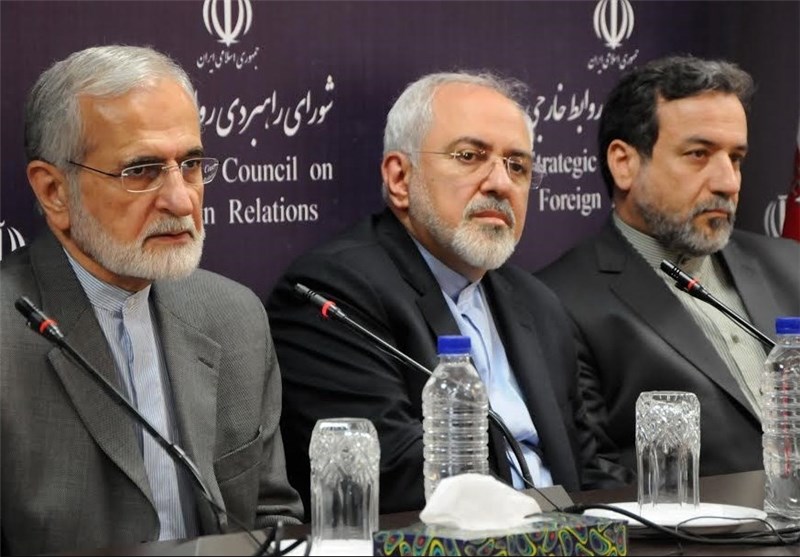Speaking to the SCFR website, Dr Kamal Kharrazi said: “The US President and his Secretary of State are constantly calling for talks with Iran and in the meantime impose sanctions against the chief of our diplomacy. This shows that the US calls for negotiations are no more than a hoax. What they mean by negotiation is the unconditional acceptance of the irrational and self-righteous stances of the United States which means Iran’s surrender to their bullying positions.”
He added: “The US president is acting unilaterally even against his allies and they too have not achieved the least success in their negotiations with the United States over Europe and international issues.”
The SCFR president emphasized: “The US government’s action to sanction Dr Zarif shows the desperation of the White House against the expressive voice of the Islamic Republic of Iran, and it is probable that the US media too would face difficulties in interviewing Dr Zarif. It is to be seen how the media and social networks will deal with this action which is against freedom of expression and whether they will fulfil their mission or will remain silent.
Dr Kharrazi said: “The leaders of the US government should know that this action, like their other bullying measures, will produce no results and will instead further increase the awareness and unity of the Iranian people and their resistance to US pressure and will prove Iran’s innocence.”
He stressed: “They do not understand that this is not the way to treat people with thousands of years of brilliant civilization and capable of resistance, wisdom and action. Let’s hope that the world would witness the defeat of the US statesmen one more time.”










0 Comments